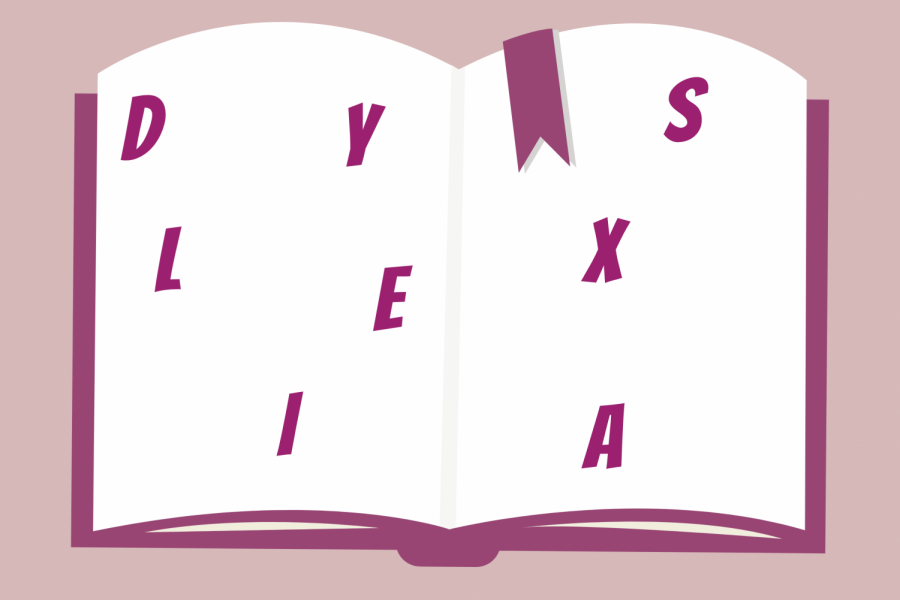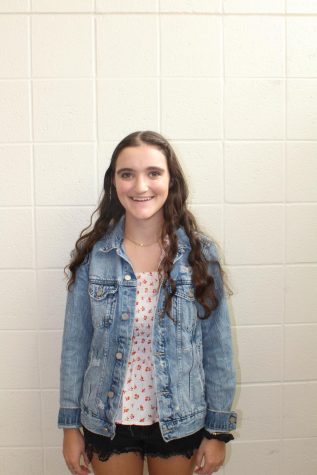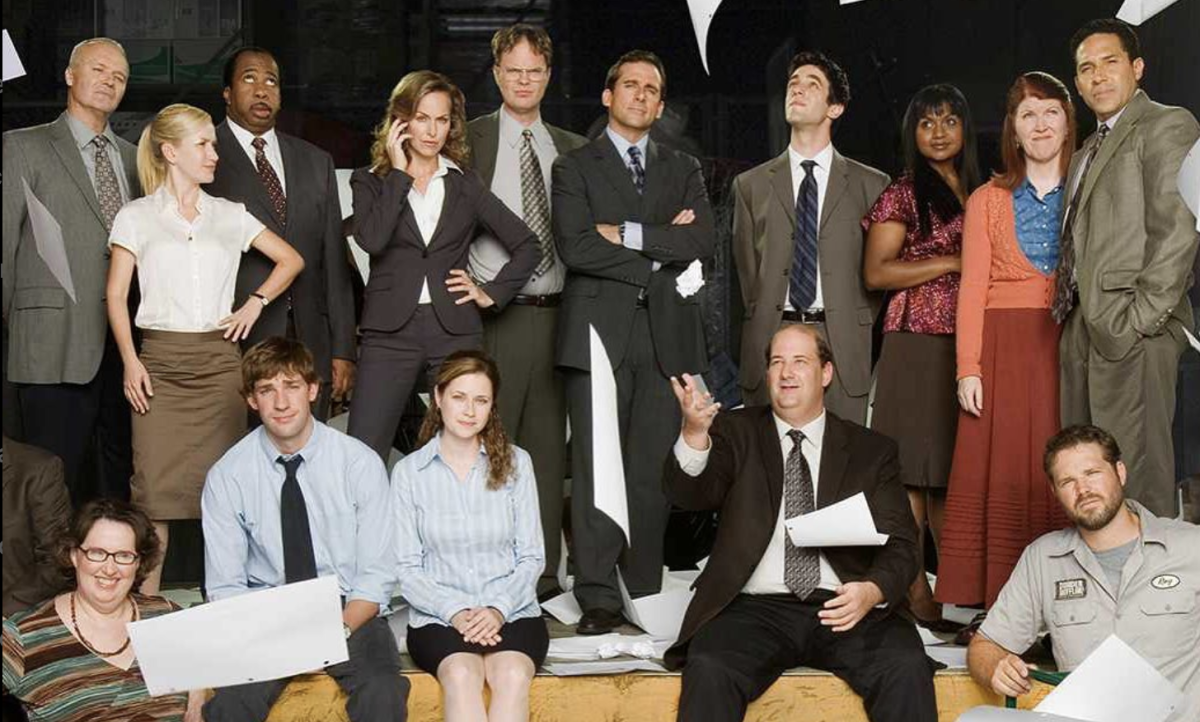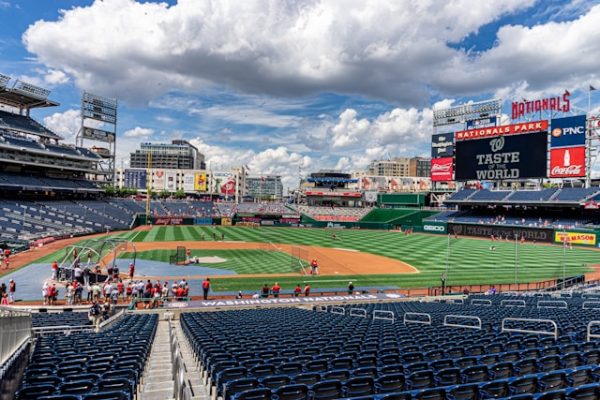My experiences with Dyslexia
I was diagnosed with Dyslexia when I was 15 years old. And no, I don’t have the same experiences as Bella Thorne.
March 17, 2020
When I tell people I’m dyslexic, they expect that when I see an “m,” it flips into “w,” and that “b’s” swirl into “d”s.” But, when I open a book, I see the same letters as you.
There are seven different types of dyslexia. I have the type of dyslexia where I can encode information, but I just can’t recite back to you what I just read. I also can’t spell for my life. When I’m writing, simple words seem like they have the same spelling as advanced scientific vocabulary.
I didn’t know I had dyslexia until I was 15 years old. It was freshman year and I was struggling ‒‒ and it was more than the typical “welcome to high school” adjustment period. My parents decided that it was time to get me tested for a learning disability.
The entire testing process took 16 hours over a two day period, but to me, it felt like years. I sat in a tiny office with someone in front of me watching my every move. I completed a lot of activities, from putting cubes together to matching a pattern, to making a connection between words like heat and fire, to doing an English progress checking. At the end of the day, my brain felt fried and left me feeling incompetent.
Three weeks later, I got my results. The woman who gave me my results delivered me the typical speech: “Hey, you’re dyslexic but you’re not stupid. You just think differently. Tom Cruise, Albert Einstein and Jenifer Aniston are all dyslexic and they’re rich!” The speech was complemented with a sympathetic smile that made you believe every word. If there was a speech that could immediately make someone feel better, it would be this speech.
From the outside, my life looks about the same as it did before I was diagnosed with dyslexia. I still get up every morning at 6:05 a.m., do all my homework after school and study hard for quizzes. The difference is that, now, when my teacher hands out a test I just stand up and walk into a separate room. At first, it made me uncomfortable. I felt like I was an animal in a zoo with the amount of stares I got. Now, it’s a routine. When teachers pass out books, I download the audible version on my phone. When we write in class, I answer the same prompt, but I type it so I can have spell check.
I’ve never been embarrassed about having dyslexia because it’s not some dirty little secret. It just means I have a harder time comprehending what I’m reading, or that my spelling looks a little rough. My accommodations help me start on even ground with my peers.
The thing is, finding out I was dyslexic never made me feel like I was stupid; in fact, it did the exact opposite. It was an explanation — it finally made me understand why I couldn’t understand what I was reading, why I was a slower reader than my friend and why my spelling looked like a two year old’s writing. It was because I was dyslexic ‒‒ I just thought differently.
Also, just because you saw a video of Bella Thorne on Disney Channel saying she mixes up her “b”’s and “d”’s doesn’t mean everyone else does. So please stop asking me if I do. And no, I don’t need to read every road sign or menu to help my dyslexia like Thorne did.








